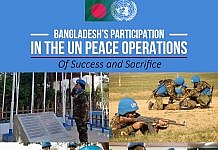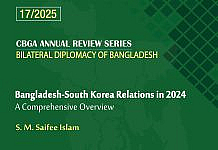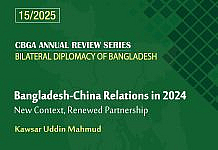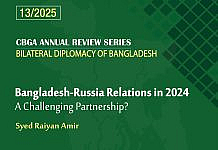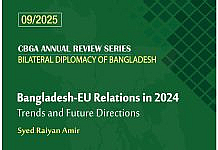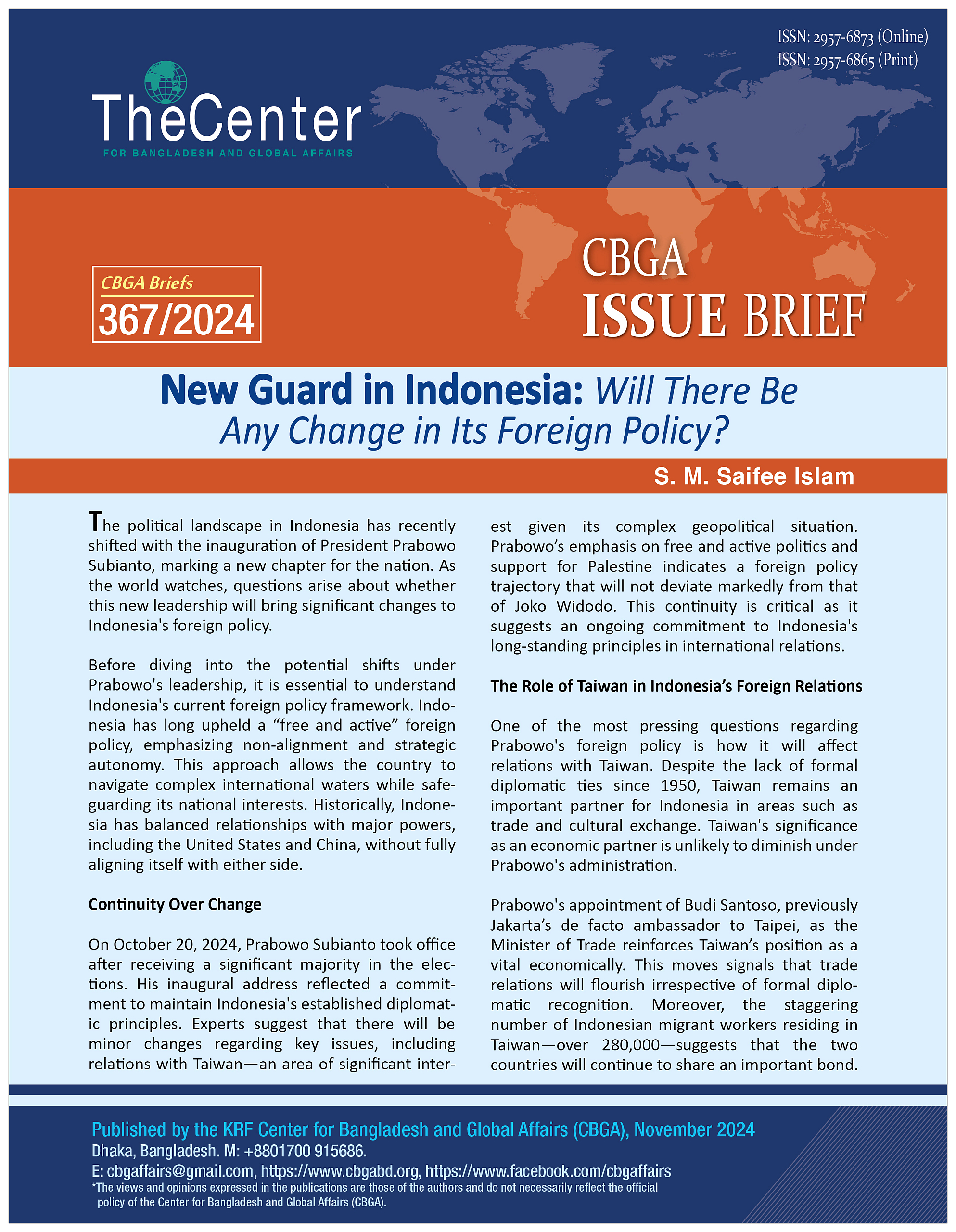
The political landscape in Indonesia has recently shifted with the inauguration of President Prabowo Subianto, marking a new chapter for the nation. As the world watches, questions arise about whether this new leadership will bring significant changes to Indonesia’s foreign policy.
Before diving into the potential shifts under Prabowo’s leadership, it is essential to understand Indonesia’s current foreign policy framework. Indonesia has long upheld a “free and active” foreign policy, emphasizing non-alignment and strategic autonomy. This approach allows the country to navigate complex international waters while safeguarding its national interests. Historically, Indonesia has balanced relationships with major powers, including the United States and China, without fully aligning itself with either side.
Continuity Over Change
On October 20, 2024, Prabowo Subianto took office after receiving a significant majority in the elections. His inaugural address reflected a commitment to maintain Indonesia’s established diplomatic principles. Experts suggest that there will be minor changes regarding key issues, including relations with Taiwan—an area of significant interest given its complex geopolitical situation. Prabowo’s emphasis on free and active politics and support for Palestine indicates a foreign policy trajectory that will not deviate markedly from that of Joko Widodo. This continuity is critical as it suggests an ongoing commitment to Indonesia’s long-standing principles in international relations.
The Role of Taiwan in Indonesia’s Foreign Relations
One of the most pressing questions regarding Prabowo’s foreign policy is how it will affect relations with Taiwan. Despite the lack of formal diplomatic ties since 1950, Taiwan remains an important partner for Indonesia in areas such as trade and cultural exchange. Taiwan’s significance as an economic partner is unlikely to diminish under Prabowo’s administration.
Prabowo’s appointment of Budi Santoso, previously Jakarta’s de facto ambassador to Taipei, as the Minister of Trade reinforces Taiwan’s position as a vital economically. This moves signals that trade relations will flourish irrespective of formal diplomatic recognition. Moreover, the staggering number of Indonesian migrant workers residing in Taiwan—over 280,000—suggests that the two countries will continue to share an important bond.
Economic Ties That Bind
The economic relationship between Indonesia and Taiwan has grown increasingly intricate over the years. As Indonesia becomes Taiwan’s 13th-largest trading partner and vice versa, both nations have mutually beneficial stakes in maintaining robust ties. The economic interdependence stretches beyond trade; it encompasses investments in various sectors, education collaborations, and tourism initiatives. Prabowo’s administration is expected to harness these economic ties further. By prioritizing trade agreements and fostering business partnerships, he could strengthen Indonesia’s economic position while continuing to navigate complex political waters.
The Challenge of Major Powers
Another critical aspect of Prabowo’s foreign policy will be managing relationships with major powers such as China, Russia, and the United States. The geopolitical landscape is shifting rapidly, and how Indonesia positions itself among these players will be crucial. Prabowo’s inclination towards a more proactive role in international affairs may signal a departure from Jokowi’s more domestically focused approach. While balancing relations with these powers, Prabowo is also likely to reinforce ASEAN unity. His predecessor emphasized regional cooperation; however, Prabowo may take this a step further by addressing pressing regional issues like the South China Sea disputes and Myanmar’s ongoing civil unrest.
Navigating Regional Tensions
The South China Sea has been a contentious issue for many Southeast Asian nations, including Indonesia. As tensions rise in this strategically important region, Prabowo’s administration will need to carefully navigate its stance on territorial disputes while remaining aligned with ASEAN principles of non-interference. By emphasizing a commitment to ASEAN unity and collaboration on regional security issues, Prabowo can position Indonesia as a leader within Southeast Asia. This approach will not only solidify its standing among its neighbors but also enhance its influence on the global stage.
Prabowo’s focus on strategic autonomy reinforces Indonesia’s intentions to maintain independence from external influences while pursuing its national interests. By continuing to engage with both China and the United States without formal alignment, Indonesia can maximize its leverage in international negotiations.
This balancing act may prove challenging but necessary for maintaining sovereignty and navigating the complex web of global power dynamics. The emphasis on autonomy suggests that while there may not be radical changes in foreign policy direction, there will be nuanced adaptations to align with evolving global trends.
A Commitment to Non-Alignment
As President Prabowo settles into his role, his commitment to non-alignment remains a cornerstone of Indonesia’s foreign policy. He has reiterated that Indonesia will adopt an independent stance on international issues while engaging actively on the global stage. This approach allows Indonesia to advocate for its interests while fostering cooperation with other nations. Prabowo’s emphasis on non-alignment also aligns with Indonesia’s historical position as a founding member of the Non-Aligned Movement (NAM). By reinforcing this legacy, he can bolster Indonesia’s image as a force for diplomacy and stability in an increasingly polarized world.
The future of Indonesia’s foreign policy under President Prabowo Subianto remains a subject of keen interest. The continuity seen thus far suggests that major shifts may not be imminent; however, subtle changes driven by Prabowo’s leadership style could reshape specific aspects of diplomacy. As he navigates relationships with key partners like Taiwan while balancing tensions with major powers, it will be vital for him to maintain Indonesia’s strategic autonomy—a fundamental principle that has guided the nation’s foreign affairs for decades.
Conclusion: The Path Ahead
In conclusion, while President Prabowo Subianto has taken office amidst anticipation of change in Indonesia’s foreign policy, early indications suggest a commitment to continuity rather than outright transformation. The established principles of non-alignment and strategic autonomy are likely to guide his administration as he seeks to bolster economic ties with Taiwan while managing relationships with global powers. This new guard may not radically shift course but could instead refine and strengthen Indonesia’s foreign policy approach—a testament to the country’s resilience and adaptability in an ever-changing world.
Therefore, Indonesia is poised to play an increasingly influential role in shaping regional dynamics and fostering partnerships that extend beyond its borders. The coming years will reveal how effectively Prabowo can balance these intricate relationships while steering his nation toward prosperity and stability on the international stage.
– S. M. Saifee Islam is a Research Associate at the KRF Center for Bangladesh and Global Affairs (CBGA).


